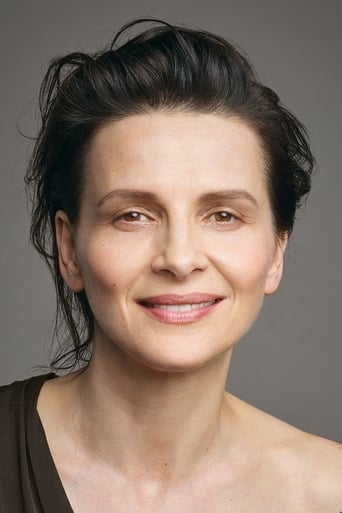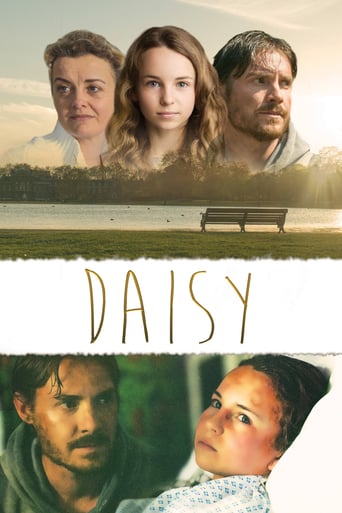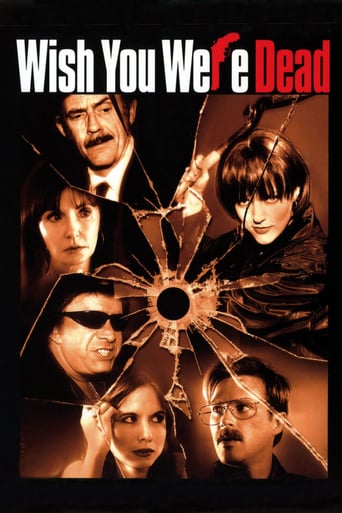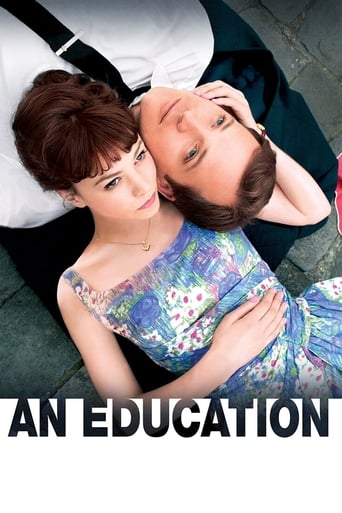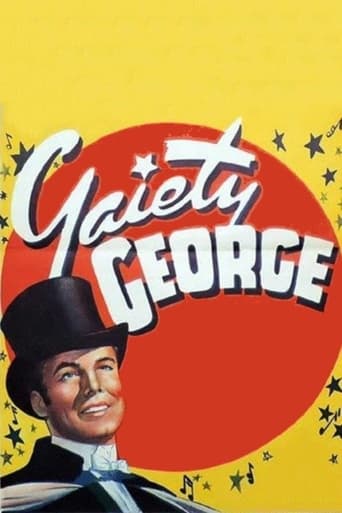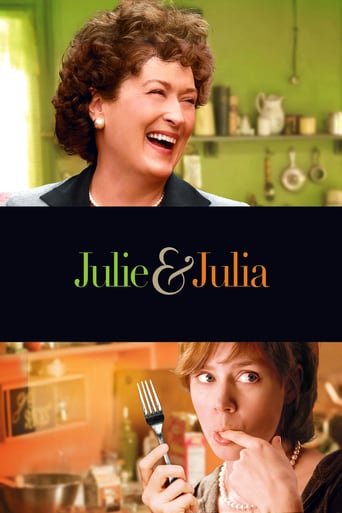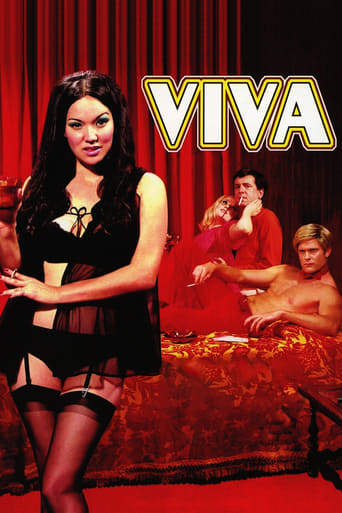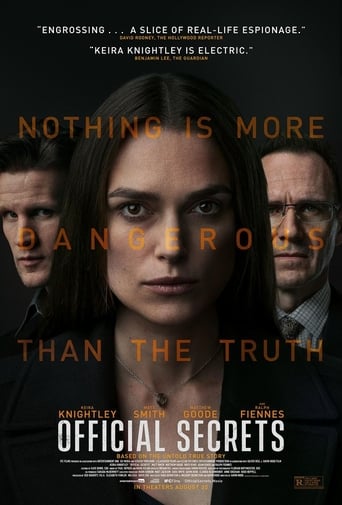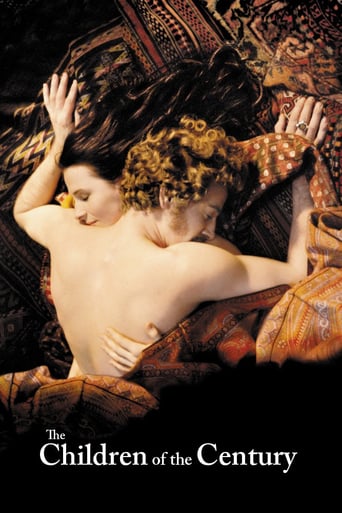
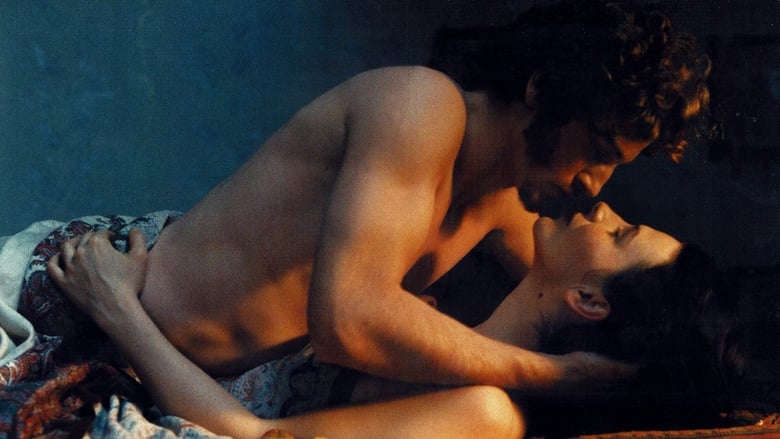
The Children of the Century (1999)
True tale of the tumultuous love affair between two French literary icons of the 19th Century, novelist George Sand and poet Alfred de Musset. But their affair falls apart during an excursion to Venice, Italy where Musset is distracted by drugs and Sand by a handsome doctor.
Watch Trailer
Cast


Similar titles
Reviews
This movie seems to be filmed in real time -- 2 years! I had to look at the notes to discover its length is only 139 minutes. Very interesting that most girls under 18 gave this a "1" rating, as did I, a 63 year old man. All other ages / sexes seemed to rate this film between 5 and 10, on average. I think many adults must be bullied by the "literary" subject matter, and give the film an undeserved pass. Or are girls just more honest? I don't know about that, but Diane Kurys has inflicted this endlessly obsessive film on us as much as de Musset inflicts his repetitive cruelties on Sand. I simply got tired of watching the horrible dance and pushed the eject button well before the movie's end. In my opinion, Kurys is much better represented by Entre Nous, a quite enjoyable film with content I found coherent and meaningful.
I'm a great admirer of George Sand's works, so I was curious about this film, and have been ever since I heard that it came out in France in 1999. I finally got a chance to see it two weeks ago in New York. Diane Kurys' film is well-acted and beautifully shot. Unfortunately, viewers won't be much enlightened about Sand or Musset as writers by watching it. Nor is it a convincing love story. Both of these faults are mostly due to a mediocre script.The basic outline of the facts of Sand's relationship with Musset are there, but any sense of *why* they had such a fatal obsession with each other is lacking. Lots of inane dialogue about love isn't enough! The two are barely together before they're fighting, and Musset is such an unpleasant, selfish, manipulative and immature fellow (a characterization that's apparently pretty true to the facts) that Sand's devotion to him is hard to fathom. Surprisingly, from a filmmaker with a feminist slant, you learn very little about Sand's beliefs as a woman or an artist. She seems like a sane person, though, and a hard-working writer (and that is historically accurate), but there's no depth, in spite of all that the lovely, talented Juliet Binoche can do. The character as written simply isn't interesting, and that's sad, because the real life George Sand was a fascinating woman. The film's portrait of the Romantic era and its writers isn't much better. Yes, I suppose with all the bad behavior and opium-gulping, Musset and some others were like the childish, spoiled rock stars of today (which may have been the filmmaker's point), but there's no sense of what their work was like. When Sand and Musset talk about their writing and its meaning, they sound like rank amateurs. The one thing you learn about Sand's novel *Lelia* from the film is that it was about female frigidity and how few men are capable of arousing a woman. (Naturally, Musset soon cures Sand of her "frigidity." Hoo-boy). In reality, *Lelia* is a complex attempt to address many philosophical issues of the age and a struggle to find the meaning of existence, with or without God, but that doesn't make good cinema, I guess. It's easier to suppose that women are always going to write about sex, rather than to admit that they have any ideas of their own. If you want real insight, you'd be far better off reading Sand's works (something like her most magnificent short story, "The Marquise," for starters). Or how about calling a moratorium on films about Sand's love life and actually bringing one of her works to the screen? That would be a real tribute.
Wonderful mise-en-scene of a true passion that turned out to a, damaging love to hate you syndrome especially for Musset. Georges and Musset, they can't do with nor without each other. Their love was the spring of their inspiration that triggered their talent but the problem was that this love could feed only one's inspiration at a time.Wonderful pictures, acting and especially costume design capture us in the late 1880's France which was a very nice experience.
At the beginning of the film Alfred when commenting on a play by George observes that the lead character must die, with in a relatively short time i was having similar thoughts about Alfred. This may or may not be an historically accurate film but the story wasn't suitable for a film as despite being about the love affair between two people it managed to be remarkably lacking in passion (Remains of the Day being far more passionate despite being about two characters repressing it for the whole film). Neither character could be deemed to be sympathetic as Alfred was a selfish child and George was just annoying with her insistance on returning to the man who loved to strangle her at regular intervals.


